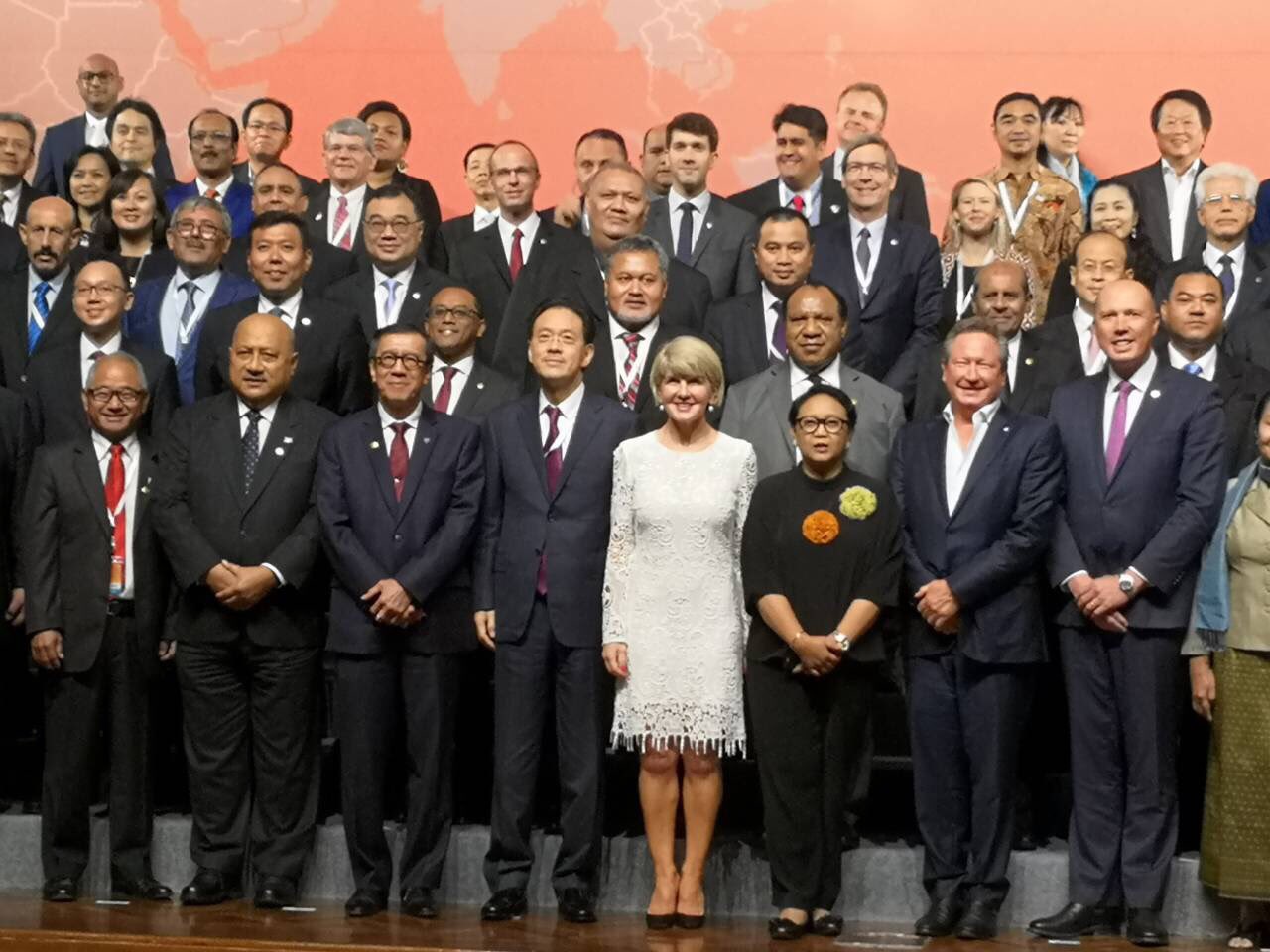FIJI has submitted to the 7th Ministerial Conference of the Bali Process in Indonesia that there should be a collective response by Asia-Pacific stakeholders towards addressing the transnational nature of irregular migration in the region.
Fiji’s Minister for Defence and National Security Ratu Inoke Kubuabola noted the need to manage irregular migration by land, air and sea; strengthening information sharing; and further capacity building in search and rescue operations.
Ratu Inoke said the Bali Process, initiated in 2002, had allowed countries to contribute towards policy dialogue and develop a new regional platform for comprehensive long-term strategies to help the Asia-Pacific region to address the growing scale and complexity of people smuggling, human trafficking and related transnational crimes.
He said transnational crimes continued to create significant political, economic, social and security challenges to national sovereignty.
“Such activities continue to infringe on basic human rights and freedom. They threaten regional and global stability,” Ratu Inoke told the forum.
The Bali Declaration was adopted at the Sixth Ministerial Conference in March 2016.
It recognises that the transnational nature of irregular migration, which he said required a comprehensive regional approach, based on principles of burden sharing and collective responsibility.
“Learning from each other’s experiences and best practices strengthens our capacity to address these mounting challenges,” Ratu Inoke said.
The forum was reminded of the ministers’ recognition of the need to engage the private sector to combat human trafficking, forced labour and related exploitation.
“With the participation of business leaders, the Bali Process Government and Business Forum complement and support global efforts to eradicate these crimes.
“They are making efforts to ensure migrant workers in supply chains will benefit from ethical recruitment and decent work.”
As member-countries forge partnerships with civil society and other regional and international organisations in the process to address displacement and promote well-managed migration, Ratu Inoke said practical cooperation and sharing of expertise would play a crucial role in implementation.
“Rethinking of our approaches to regional security cooperation will allow greater synergies between national governments, regional and international bodies and the private sector to help counter the ever-changing global security environment.
“The lack of infrastructure and systems to monitor transnational crimes often hinders small island states abilities to detect and take action against such activities.”
Ratu Inoke made reference to the Fiji Police Force’s present investigation of “a possible case of modern day slavery involving a South Korean group acting under the pretence of a religious and business organisation”.
“The Fijian Government intends to engage further with the private sector and civil society organisations to improve the protection, rehabilitation and reintegration of victims of human trafficking regardless of their nationality.
“Our active engagement with the Bali Process and other regional cooperation initiatives is a testament of our shared resolve towards building a platform for enduring peace and stability in a truly resilient and secure region.”
Ratu Inoke was in Bali for the Seventh Ministerial Conference on the Bali Process on People Smuggling, Trafficking in Persons and Related Transnational Crime which began on Monday and ended yesterday (August 7).
The ministerial conference was attended by 45 member countries and three member organisations of the Bali Process, and a number of observing countries and organisations.
The meeting is also a platform for holding bilateral talks on security cooperation among developed and developing countries.
The Foreign Minister of Australia, Julie Bishop and Foreign Minister of Indonesia Retno Marsudi were co-chairs for the high level meeting.
Mr Kubuabola was accompanied by officials from the Ministry of Defence and National Security.


